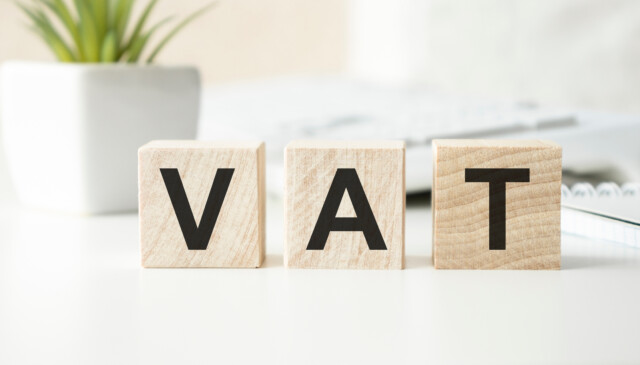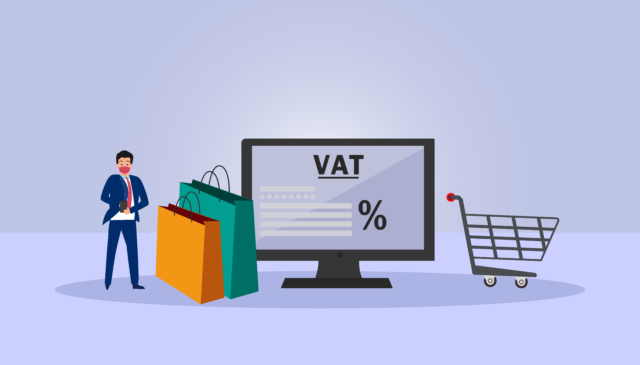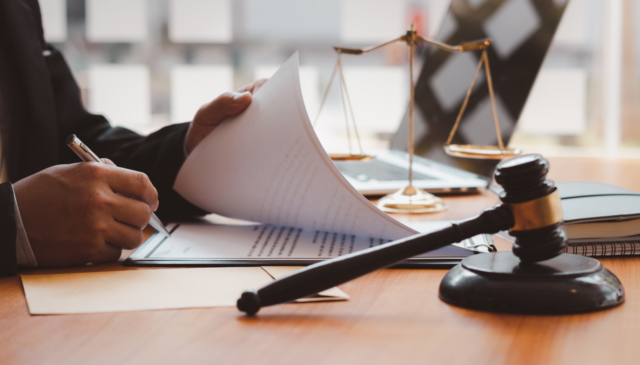






As a general rule you cannot claim VAT on the purchase of a car except in the following circumstances:
1. the car is effectively the business (ie the car is to be used as a taxi, a self-drive hire vehicle or a driving instruction vehicle); or
2. the car will be used solely for business purpose, with no private use at all, AND is not available for private use.
HMRC apply these rules very strictly and if VAT is claimed on the purchase of a car HMRC will thoroughly consider whether the VAT is claimable, particularly in regards to under item 2 above where they will require hard evidence to show, without question, that the car meets the no private use and not available for private use rules.
The rules are slightly different if you lease a car.
If you lease a car that is to be used solely for the business without any private use and is not available for private use then you will be able to claim all the VAT incurred on the lease. However, if you lease a car that is to be used both for the business and privately or is available for private use you will be able to claim 50% of the VAT incurred on the lease.
VAT can also be claimed on fuel purchased for a car that is used in the business but only regarding fuel used during the business use of the car. VAT incurred on fuel for private use of the car cannot be claimed.
Freqently Asked VAT Questions
No. The journey from home to work and vice versa is a private journey and as the car is also kept at home it is also ‘available for private use’.
The general rule here is that you must be able to show that you have taken practical and effective steps to prohibit the private use of the vehicle.
Unfortunately this requirement is, in practice, virtually impossible for an individual as the mere fact that the car is likely to be kept at home means that it is available for private use, an individual cannot impose and enforce a prohibition on himself and it is not sufficient to simply have an alternative car available for private use.
An option available to a Ltd Co and that has previously been successful at Tribunal is for a resolution to be made and recorded at a board level that a car is for business use only and that if an employee/director uses the car for private use this would constitute a breach of the employee’s terms of employment.
Such a resolution could also be included within the company’s employees’ employment contracts.
Yes, you can claim all the VAT provided the car:
- is normally kept overnight at your place of business, provided this is not your home;
- is not allocated to any one individual;
- is generally available for all employees of the business to use for the purposes of the business.
No. You must instead treat the car as if it has now been sold to yourself (a self-supply) and account for VAT on the market value of the car at the time you began using it for private use.
Yes. As you could claim the VAT on the purchase you must charge and declare VAT on the full selling price.
No, the sale of the car is treated as exempt.
No. You will generally be able to recover the VAT in full, even if you keep the van at home or it has some minor private use.
However, if you have purchased the type of commercial vehicle that is often used for private as well as business use, such as a motor cycle or double cab pick-up and the private use is likely to be more than minor, you must either:
- Apportion the VAT on the purchase between business and private use and claim the proportion of the VAT that is consider relevant to business use (note: the apportionment should provide a fair and reasonable result); or
- Claim all the VAT on the purchase and account for VAT on a reasonably estimated value for the private use in each VAT period.
Yes, but you must have a method of accounting for any privately used fuel.
The easiest way to do this is for you to claim the VAT on all the fuel used in the car and pay a Road Fuel Scale Charge (RFSC) each VAT period. A RFSC is a charge published by HMRC and is based upon the CO2 emissions of the car.
Alternatively you must keep a detailed mileage log to show the amount of business and private mileage you have done. At the VAT period end you can then use this log to calculate the percentage of business miles you have done in the VAT period and claim that percentage of the total VAT incurred on fuel purchased in the VAT period.
Yes, but a mileage allowance covers both fuel costs and general ‘wear and tear’ of the car. You are only able to claim VAT in regards to the fuel element of the mileage allowance you pay and should note that the fuel element is inclusive of VAT.
Yes, if you are a sole proprietor or a partner in a partnership then as long as you use the car for the purposes of your business then you can claim VAT on the general repairs and maintenance of that car, whether or not you claim VAT on fuel.
Normally, a mileage allowance will include a payment to the employee for both fuel and for the cost of wear and tear on their car but the business can only claim VAT in regard to the fuel element of the mileage allowance (see above).
However, if you, as the employer, contracts with the garage for the repairs to be done, receives an invoice from the garage made to the businesses and pays for the repairs directly to the garage then the business can claim the VAT incurred on these repairs.
This is because the cost is incurred by the business whereas in the case of a mileage allowance being paid, the cost of repairs and maintenance is incurred by the employee and you are simply compensating the employee for this cost.
It should be remembered that, in paying for your employees repairs, there will likely be Benefit in Kind and income tax issues that will need to be dealt with.
VAT Guides

VAT - What is VAT?
Value Added Tax is more commonly known as VAT and is a tax on supplies. The exact amount of tax to be added is calculated using ‘the rate of VAT’ which is a percentage of the ‘price before tax’, that is, the price that would have been charged if there was no tax on it.

VAT on Business Entertaining
Claiming VAT on Business Entertainment

VAT on Conversions
VAT on Conversions

HMRC is Tackling Online VAT Fraud
HMRC is Tackling Online VAT Fraud
Real people, real results
Vantage Fee Protect provide market leading Tax Fee Protection
Insurance schemes through accountants.
Don’t be shy,
get in touch
Vantage Fee Protect provide market leading Tax Fee Protection
Insurance schemes through accountants.
"*" indicates required fields
